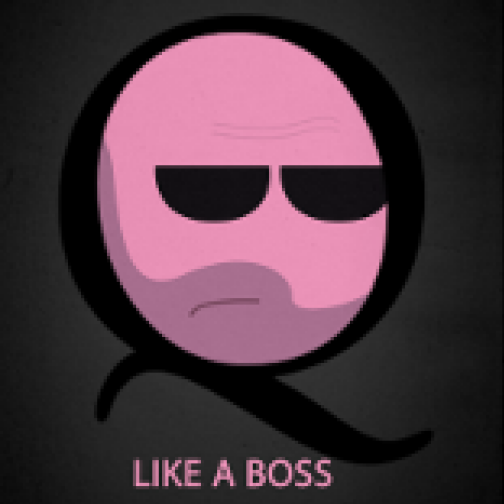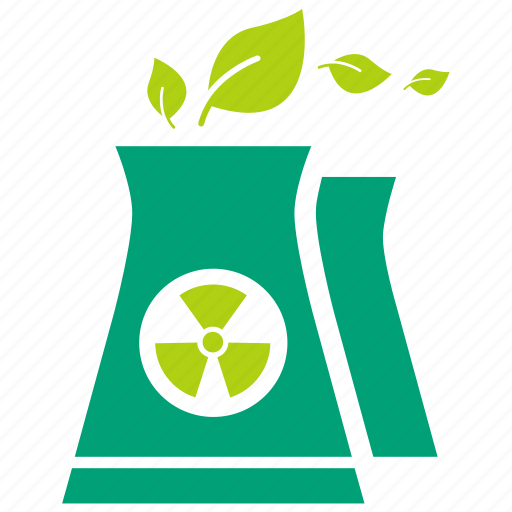International Atomic Energy Agency Director General Rafael Mariano Grossi warns that the nuclear safety situation is deteriorating after a drone strike on a road near the Zaporizhzhia nuclear power plant’s perimeter.
The IAEA team stationed at the Zaporizhzhia plant (ZNPP) was informed on Saturday that an explosive carried by a drone detonated just outside the plant’s protected area, close to the cooling water sprinkler ponds and about 100 metres from the Dniprovska power line, which is the only remaining 750 kilovolt line providing external power supply to ZNPP.
“The team immediately visited the area (see picture above) and reported that the damage seemed to have been caused by a drone equipped with an explosive payload. There were no casualties and no impact on any NPP equipment. However, there was impact to the road between the two main gates of ZNPP,” the IAEA update said.
There has also been “intense” military activity close to the plant over the past week, the IAEA team reports. Recent days have seen a fire in one of the cooling towers and damage to a power and water substation in nearby Energodar, where many of the nuclear power plant workers and their families live.
Grossi said: “Yet again we see an escalation of the nuclear safety and security dangers … I remain extremely concerned and reiterate my call for maximum restraint from all sides and for strict observance of the five concrete principles established for the protection of the plant.”
He added: “Nuclear power plants are designed to be resilient against technical or human failures and external events including extreme ones, but they are not built to withstand a direct military attack, and neither are they supposed to, just as with any other energy facility in the world. This latest attack highlights the vulnerability of such facilities in conflict zones and the need to continue monitoring the fragile situation.”
The six-unit ZNPP, Europe’s largest, has been under Russian military control since early March 2022. It is close to the frontline between Russian and Ukrainian forces.
Kursk nuclear power plant
Grossi reported that he had held talks at the weekend about the safety and security situation at Zaporizhzhia and also “recent events in the territory of the Russian Federation, including the proximity of military action to an important and operating nuclear power plant”.
The Director General of Russian nuclear corporation Rosatom, Alexei Likhachev, said that during talks with Grossi he had invited the IAEA’s head to visit the Kursk nuclear power plant. The IAEA statement said “Director General Grossi has expressed his readiness to assess the situation, including by making a visit to the plant”.
Ukraine and Russia each accuse the other side of putting nuclear safety at risk and breaching the IAEA’s central safety principles for nuclear facilities. Grossi explained at the United Nations in April that the IAEA would not attribute blame without “indisputable proof” and said the agency aims to “keep the information as accurate as we can and we do not trade into speculating”.


